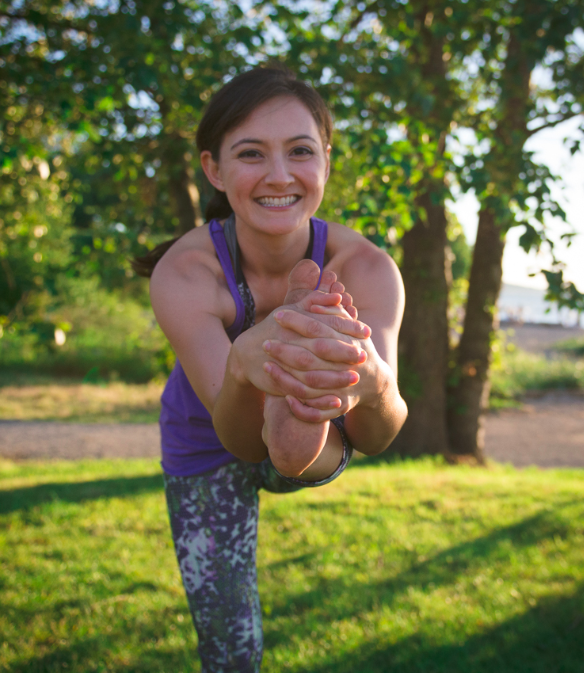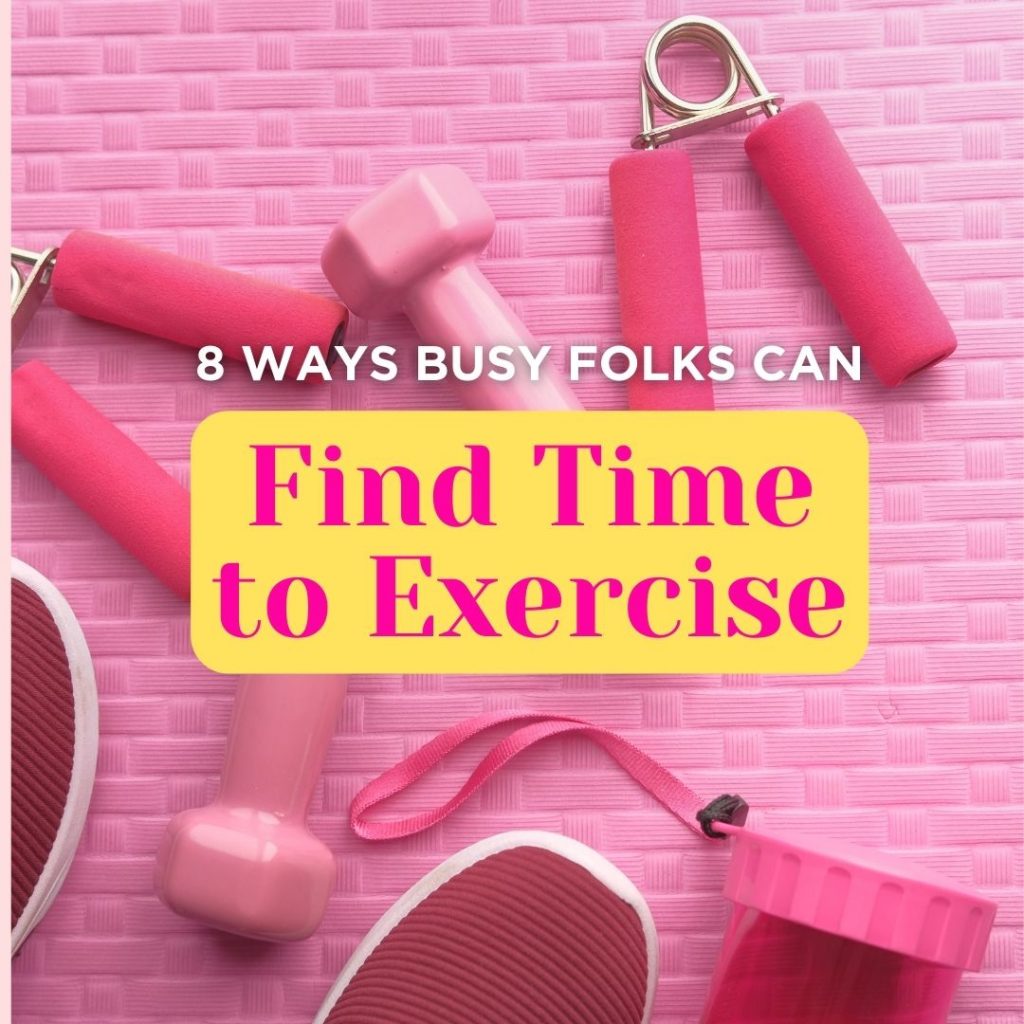Let’s talk about menopause, for those going through it and those who will.
I want you to have an easy midlife transition, avoiding the belly, the exhaustion, and the fear that you’re ‘falling apart’.
Give yourself a chance at a smooth and easy menopausal transition. Begin now. Feel empowered to use sleep, nutrition, exercise, fun, and learning to feel hot in your changing body, as tools.
How to approach this time.
I encourage you to approach yourself with love. You cannot have total control, but you can observe with curiosity and influence the outcome. I suggest you track things that happen, not to change your body, but to learn about yourself. Use this time to care for yourself.
During perimenopause we need nurturing and reflection. If we do not already have a selfcare practice, we should start, and getting our loved ones on board.
Why should you listen to me?
My name is Dana Green Remedios, and I’ve been a Registered Holistic Nutritionist for a decade. 
Despite feeling privileged, I went through menopause early (I’ve been post-menopausal for 8 years, and I’m still in my forties!) because life stresses took their toll.
I had weight gain and bloat, fatigue and brain fog, moods swings with anger and irritability, a change in body temperature, frequent urination and shooting pains in my vagina, insomnia, a panic attack, weight redistribution and more, but I beat it ALL.
I learned a LOT from this and from my background in political science, finance, and living in a low-income country. Now, I focus on social determinants of health. I know stress can contribute to health problems, but we can stack the odds of having a vibrant menopause, too, by being happier.
My brain feels sharp, and I feel sexy, energetic and confident, and I want that for you. I feel so brave now, I wear less makeup, no longer consider getting “work done”, major or minor, use no hormones, and fuss less over my hair – I don’t even colour it!
To feel confident and fearless, we need information, and I love teaching, so let’s start there.
Wassup wise woman?
There is good news. Menopause can change your brain, affecting your temporal lobe, so that intuition increases! The truth is, we are moving into the “wise woman” stage, and it can be great, if we prepare as if this were so. In many cultures, this is the time when a woman can become a shaman, because she retains her power and energy, not shedding it monthly. Mayan women look forward to gaining new status at this time.
The “woman in the woods” archetype represents freedom from the tribal group mindset, doing her own thing, speaking her truth. The ‘no filter’ old lady owns her magic. It is a time to tap into our power.
Expectation vs Reality:
The expectation is to go through menopause at midlife, with dropping sex hormones, hot flashes, and mood swings. Estrogen replacement therapy is seen as the only way to protect our bones, heart and brain.
The reality is nuanced. The average woman starts perimenopause at age 41, but symptoms can vary and start when you don’t expect it. Feeling “too young” and unprepared is common. Low progesterone begins the process, and some practitioners argue that high estrogen is more common than low. Testosterone, cortisol, insulin and oxytocin are important players too.
Mood, energy and body composition do get affected by those hormones, and by liver health, blood sugar, cortisol and DHEA, thyroid hormones, glucagon and insulin, adiponectin and growth hormone, serotonin, and melatonin.
What menopause is:
Menopause marks 12 contiguous months without a period, but “the change” is not just a moment when your period stops. It can be a very individual, multi-year process from peri to post menopause, a journey and transition, with hormonal ups and downs.
It can take over a decade to transition, and modern females can live a full third of our life afterward. Dr. Joan Borysenko calls it our “midlife metamorphosis” and I love that imagery. The logo for my business, Healthy Wealthy Habits, is a butterfly, but emerging beautiful and free may require some “cocooning” first. We get to move out of the “caring for everyone” phase, to a phase of self-care.
We may need to rearrange our lives, learn to style our hair and bodies as they change, learn what our changing skin needs, get to know ourselves more deeply. To do so, we must do what we did the first time we had to learn these same things, as teenagers – we will need to become a little self-involved.
How to be self-involved in a good way:
- Pay attention. Stress can exacerbate estrogen and progesterone imbalances, affecting the limbic brain. If an aspect of your life is stressful, act to change it. Journal or note moods, sleep, periods. (I obsess when I record things, so I just pay attention and adjust as required, on intuition. You do you).
- Note changes. Unfortunately, most women cannot tell others what they went through when they transitioned, because they forget! If you can stand tracking your food, mood, poop, sleep, basal body temperature, and cycle, it will provide a wealth of health information you can use and share when required.
- Your cycle is informative. A lifetime with 500 or so menstrual cycles provides lots of information about our health and hormones. A lifetime of PMS can be a clue that something is off, and you’ll have a bad perimenopause. Another clue? Seasonal or cyclical sadness or anger is linked to more peri pain.
- Treat yourself nicely. If you feel too tired or weak to workout, accept yourself. Limit things that don’t serve you – foods you are sensitive to, narcissists in your life, over-exercising, unreasonable expectations, overspending, late night news, exposure to endocrine-disrupting toxic stuff, restrictive dieting, social media, sources of shame, unhealthy mom guilt, and “shoulds”.
What to expect:
It can vary. According to one study, African-American women are more likely to feel positive about menopause, but have more night sweats and hot flashes compared to Chinese and Japanese women, who are less enthusiastic about undergoing menopause than other ethnic groups. Insomnia, muscle aches and irritability are more common for those who describe themselves as Caucasian.
Some people get flooding periods. You might start having UTIs, anxiety, IBS, brain fog, dizzy moments, memory gaps, putting keys in the freezer (it’s true), irregular periods, wrist pain, fatigue, frozen or painful shoulders, crying, acne, depression, or interstitial cystitis.
Some may miss periods and feel sadness over loss of fertility. As hormones wax and wane, you may feel like isolating yourself socially, or you might also not want to be touched, not by your partner or kids, and others might get their feelings hurt, affecting your relationships. It can change your stamina, concentration, and strength.
Why you should start balancing hormones now:
Symptoms can be scary, but are not inevitable. When any hormone is off, it affects the rest. Optimizing hormones is positive and can be exponentially effective.
We don’t need a diagnosis first. That’s good, because blood tests for hormones are notoriously unreliable, and when memory, mood, energy or mental sharpness start to go, it is hard to think your way out, to know what to balance.
Instead of chasing a diagnosis, take action to clean yourself up. Balance blood sugar, and optimize liver health, to avoid the worst symptoms.
Healthy Habits to optimize hormones:
Try any of these fun options:
- Cuddle. It can raise testosterone in women, which can improve memory, bone density and skin tone.
- Meditate. It is a great universal prescription for better body composition, sleep and libido. Meditating boosts our falling DHEA, the precursor to estrogen and testosterone, and may lower cortisol, which tends to rise.
- Detoxify. Supporting the liver’s Phase II biotransformation enzymes helps eliminate xenoestrogens and obesogens (toxins that make you fat!) and other hormone disruptors. As this helps clear estrogen, get professional help for this.
- Sleep 7.5 hours every night to boost thyroid hormones.
- Think happy thoughts. High cortisol blocks thyroid function. Dance, hang around with people whose company you enjoy, and reduce chronic stress, to lower cortisol.
- Orgasm. Having orgasms is toning for our pelvic floor, and having one twice per week can raise DHEA levels, protecting our bones.
- Laugh to boost human growth hormone.
- Weight train to boost DHEA, and thus testosterone, which can reduce depression and waist size.
- Exercise the right amount, not too much not too little, to boost growth hormone and preserve acetylcholine, helping you to think clearly and remember things.
- Compete, especially in sport, to boost testosterone, which can help preserve lean muscle mass. It is also great to foster a sense of community.
Expect the unexpected.
Get excited by the surprises in store!
- Your weight. Skip anything skin tight and inflexible, fashion-wise. Weight may move around, making clothes less likely to fit. When buying an investment piece, buy a forgiving cut. In between sizes? Buy a size up. When you need the extra room, you’ll be happy that you have something you enjoy wearing.
- Your ovaries may go through a last “hurrah”. Estrogen may surge, and desire too. You may be amazingly ripe to those susceptible to your pheromones. Partners may find this exhausting, or may be thrilled you’re juicy and wetting the bed (in a good way). Regardless, manage expectations. Either let them know they can rest soon, or that they should strike while the iron is hot, so to speak. Do let new partners know it may not last. Don’t pick a high-desire, high-frequency mate just prior to your ovaries shutting down your desire. That can feel like a “bait and switch”, and many a relationship built in perimenopause has withered by menopause for this reason.
- Urinary Symptoms. Your bladder can shrink, and you may need to tone, strengthen or relax pelvic floor muscles to avoid dysfunction. A tight (hypertonic) pelvic floor muscle causes pain and incontinence. To tone, urinate in a deep squat position whenever you have the chance. Kegels work too. To release tension and pressure points, try the Serenity TMT tool to stretch the pelvic floor.
- Carefully consider hormone therapy. Progesterone creams, thyroid medication and testosterone can make people feel a million times better, when used right. Consult a functional or naturally oriented practitioner who takes their time with you. With estrogen, even bioidentical hormones are not 100% problem free. Low dose transdermal patches are better tolerated than oral medication, and vaginal creams better than patches. Studies show that Premarin poses dangers, so don’t get bullied. Solid evidence shows that both estrogen and combined therapies have drawbacks. Women with the highest estrogen have the lowest cognitive function.
- Period problems. Period panties are a girl’s best friend, and can be used even after you will have no use for pads, tampons or cups. For flooding periods that are weakening you, Ibuprofen is proven to slow the bleeding by affecting prostaglandins. Progesterone medication can also stop endless, months on end periods quickly.
- Life choices. Sometimes, changing who we spend time with is the best way to get healthier. We might need to change habits or relationships created during challenging times which may no longer serve us. If we connected over maladaptive stress-mediating habits, like drinking, smoking, and cynicism, we may need to let go of the relationship to evolve.
- Mood. Low blood sugar, low B12, or a drop in ovarian hormones can mimic psychiatric disorders. Bioidentical hormone therapy may be a more elegant solution to hormone-related depression than an antidepressant. Before you accept a diagnosis, make sure you are getting all necessary nutrients, optimize gut health, balance blood sugar and hormones, and try some gentle detoxification, first.
What about sex?
In kundalini, which I am no expert in, it’s said that suppressed sexual energy will eventually rise to the surface as hot flashes. Women with hot flashes are seen as having great energy and power. However, to experience fewer, less intense hot flashes, it might be wise to discharge some sexual energy as orgasms while younger.
One tool you can use is the yoni egg aka jade egg. You can use this quartz or jade egg-shaped tool to strengthen orgasms, resolve trauma, or learn to squirt from the g-spot. Jade eggs can be used to strengthen the vagina, especially if combined with vaginal weightlifting.
Consider condoms, IUDs and other non-hormonal birth control to manage reproduction and to learn to deal with hormonal issues. It is possible that vaginal tissues will thin and get drier, but honestly, a lot of people experience something similar on The Pill. Communicate that a lack of moisture does not mean a lack of interest, if that’s true. We live in an era of online shopping and you can get all the natural lubes you want. Have fun testing out CBD lubes (omg!), Moisture POM lube and Desert Harvest aloe gel.
What to eat:
Appetite may change, as can carbohydrate tolerance. Some guidelines:
- Get enough protein to preserve testosterone and growth hormone and raise glucagon It helps blood sugar balance and overall mood too.
- Eat a wide variety of nutrient-dense
- If you’re doing keto to avoid blood sugar craziness, make it a clean green version. Get plenty of healthy fats and make half your plate cruciferous veggies.
- Avoid being a carbotarian – eat fewer grains and refined carbs.
- You can eat some starchy carbs, but seriously consider going sugar and gluten free to master the midlife middle.
- Fasting improves growth hormone, glucagon, and adiponectin, our fat-burning hormone, but midlife women who skip breakfast can throw off cortisol and insulin levels and…
- Don’t starve or make your body think you are. Estrogen dominance causes fuzzy thinking, and starving makes it worse.
I know this mountain of information may leave you with questions and wondering where to start. Don’t worry, I can help!
- Schedule a free Q&A call here.
- I run LIFE-CHANGING challenges, at NO CHARGE. Sign up for the 9 day Healthy Habits challenge for Handling Hormone Havoc here!
You would be amazed how powerful it is to connect with others who are going through perimenopause too!
- Join the Healthy Habits Facebook group, and stop going through this alone!
I want us all to sleep better, look better, and feel happy and confident.
Let me teach you how during my free challenge, starting September 20th.
You’ll gain new healthy habits that make So Much easier!
Xox
Dana Green Remedios, RHN, RNCP, NNCP
www.healthywealthyhabits.ca



